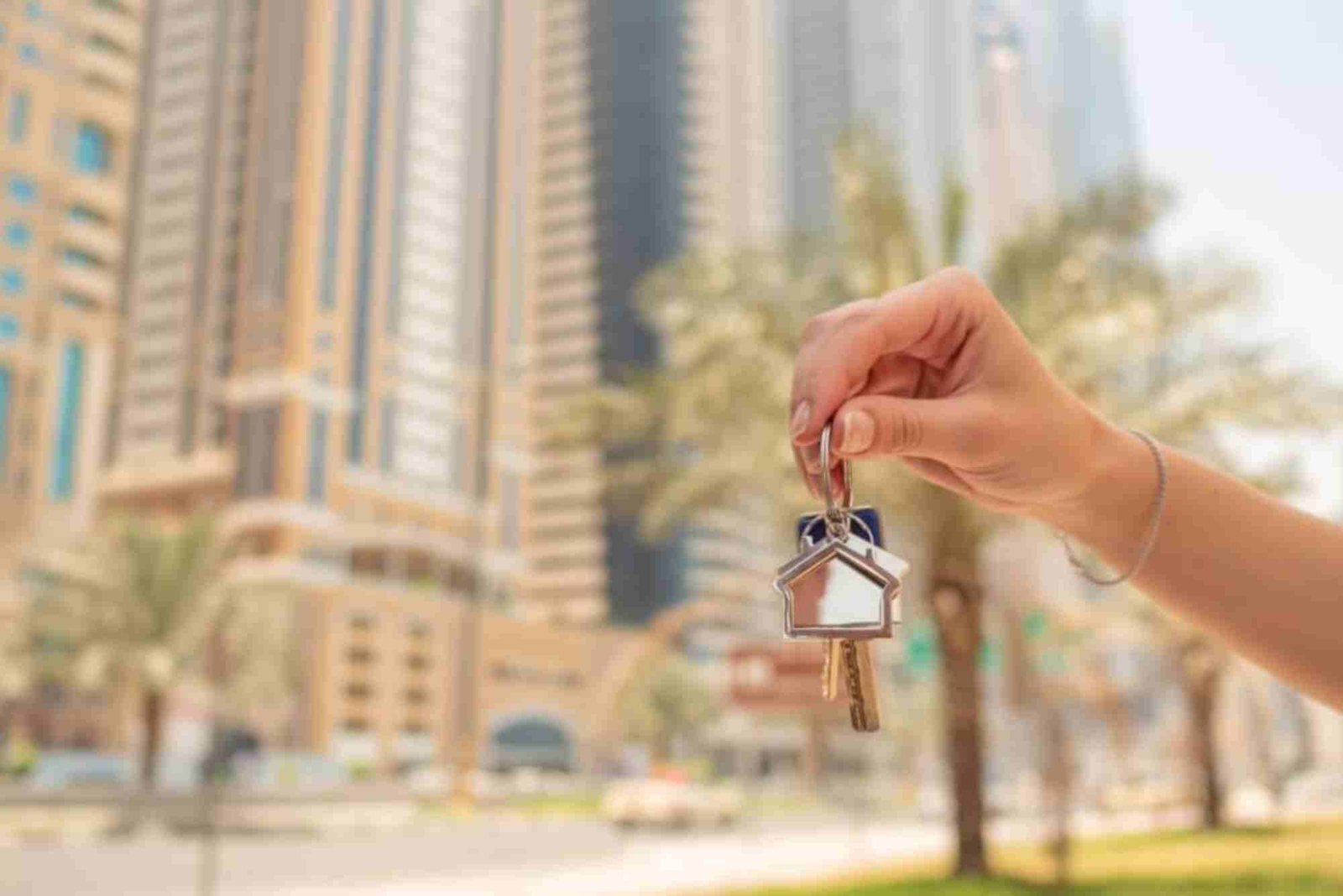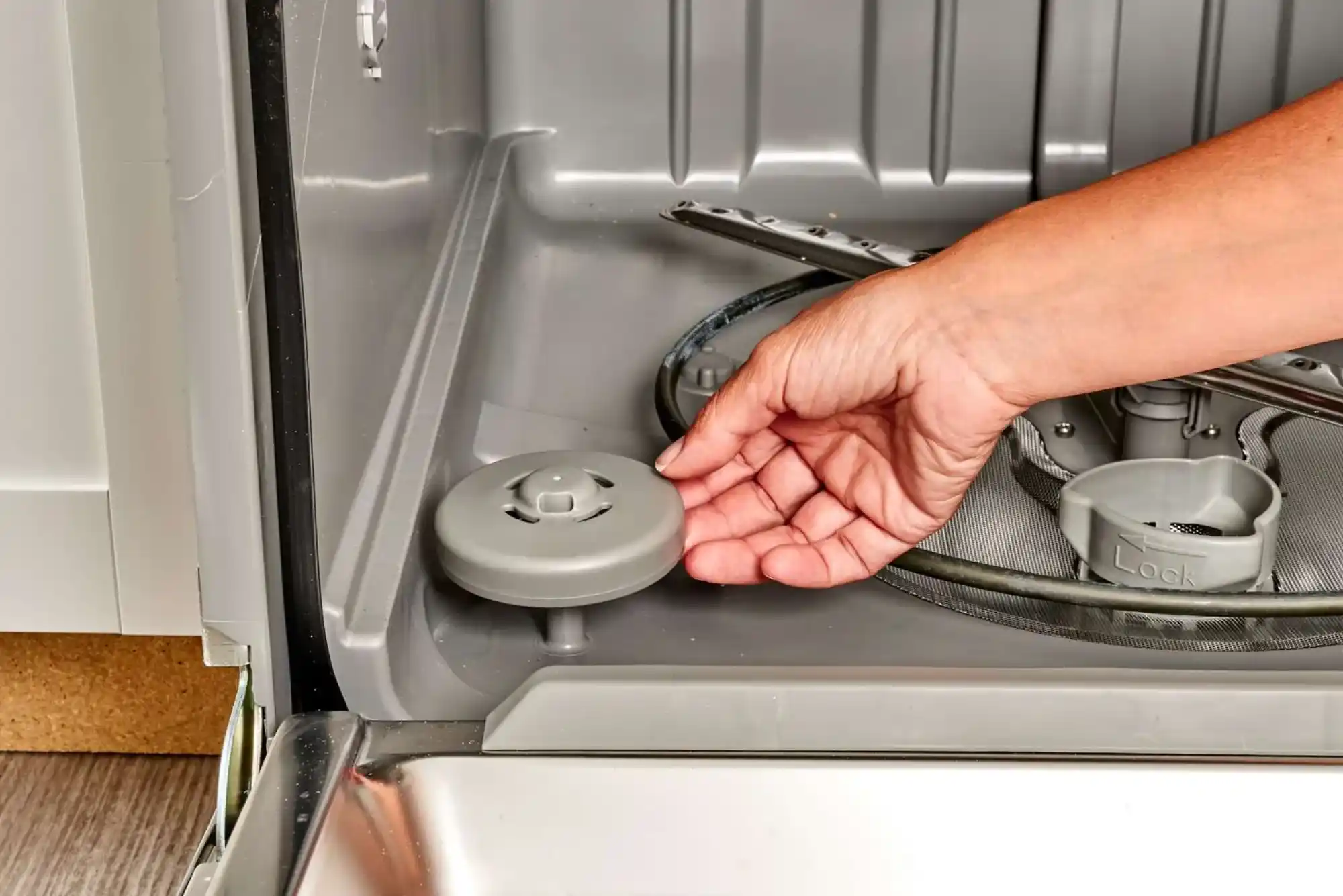What To Check Before Buying A Property In Dubai
Thinking of buying a property in Dubai? Whether you are looking to settle there or invest for rental income, buying a property in Dubai can be a smart decision — but only if you do your homework first. In this guide, we explore what to check before buying a property in Dubai, covering legal, financial, and practical aspects you must verify before signing anything.
Buying real estate is a major investment, and doing it in a foreign city comes with extra considerations. Dubai’s real estate market offers great opportunities, but also some pitfalls. By carefully evaluating critical factors — from paperwork to maintenance costs — you can protect your investment and avoid unpleasant surprises. This article covers practical tips and essential checks for anyone considering purchasing property in Dubai.
Understand the Legal Framework
Ownership Rules & Freehold Zones
First, understand whether you qualify to own the property. In Dubai, not all areas are open to every buyer. Some neighborhoods are designated as freehold — meaning non‑UAE nationals can own them directly — while others may have restrictions.
Verify Title Deed, Contracts, and Official Documentation
Never skip proper documentation. Always make sure the title deed (or equivalent registration) is clear, and the sale agreement is legitimate. If you are buying off‑plan (i.e. before construction completes), ensure the contract is registered properly.
Also check that the seller is indeed the rightful owner, and the name on the agreement matches official records. If a company owns the property, make sure the signer has legitimate authorization.
Work With a Licensed Broker / Developer
To avoid scams or mistakes, only deal with brokers or developers who are registered and licensed. Certified professionals ensure transparency and protect buyers during the transaction process.
Budget Carefully: All Costs, Not Just the Price
Upfront Costs Beyond Purchase Price
Many buyers focus only on the listed price. But in Dubai you must consider other costs too: registration fees, agency commissions, transfer and administrative fees, mortgage processing charges, and any legal fees.
If you are financing via mortgage, you also need to factor in down‑payment requirements and bank charges.
Ongoing Costs: Service Charges and Maintenance
After purchase, owning property entails recurring costs. Especially in apartment complexes or gated communities, expect monthly or yearly service charges for maintenance, utilities, shared amenities, security, and more.
Luxury properties or those with high‑end finishes may also cost more to maintain. If you underestimate these, your investment may end up costing more than anticipated over time.
Evaluate Rental Yield and Cash Flow (If Investing)
If you plan to rent out the property, analyze expected rental income versus all costs (mortgage, charges, maintenance). In Dubai, rental yield has been a major attraction for investors — but only if the numbers add up.
Inspect the Property and Evaluate Location
Visit Before You Buy — Check Build Quality and Hidden Issues
Whether ready or off‑plan, never rely solely on photos. Visit the unit to inspect build quality, plumbing, electrical wiring, possible damp, cracks, or structural issues. A professional inspection often uncovers hidden problems that might be costly later.
If you are buying resale, ask for maintenance history, previous upgrades, and ensure all modifications had proper approvals.
Evaluate Neighborhood, Amenities, and Future Development
A property may look great, but location matters. Check proximity to transport, schools, hospitals, supermarkets, and other amenities. Also, investigate what future developments or zoning changes might come — these can affect property value and living comfort.
Noise levels, community lifestyle, and long-term neighborhood plans should also influence your decision.
Due Diligence: Developer Reputation, Contract Terms, and Payment Security
Check Developer’s Track Record (for Off‑Plan)
If buying off-plan, ensure the developer has a strong history of completing and delivering projects on time. Reputable developers reduce risk of delays or project abandonment.
Ask for proof of previous completions and check if past buyers got handover on promised dates.
Secure Payment: Escrow Accounts / Official Payment Channels
Never pay via unverified accounts or cash. In off-plan deals, payments should go through escrow or authorized payment channels. This protects you if the developer fails to deliver or the project stalls.
Also ensure that your contract — for both ready and off-plan units — uses the appropriate legal forms.
Understand What Is Included in Sale: Fixtures, Amenities, and Inclusions
Make sure your agreement clearly lists what comes with the property: built-in kitchen units, parking spaces, gardens, pool access, furniture (if any), security, and communal amenities. Without clarity, you may end up paying extra to add or restore missing features.
This is especially important for resale properties or older buildings.
Plan for Long-Term: Exit Strategy, Resale Value, and Market Trends
Real estate is not just about today — think years ahead. Consider the resale potential, rental demand, and whether the area is likely to appreciate or become saturated. Buying purely for hype can backfire. Many seasoned buyers regret chasing trend-driven areas without considering long-term factors.
Also, think about what could affect demand: new developments, oversupply, or changes in regulations. Always secure an exit strategy — whether for living, selling, or renting.
Mistakes to Avoid When Buying in Dubai
One common mistake is ignoring legal and documentation aspects. Without proper title deeds or official contracts, your investment may be compromised.
Another is underestimating ongoing costs. Many first-time buyers plan only for purchase price and down payment, but service charges, maintenance, taxes, and fees often add up significantly.
Relying solely on marketing materials or flashy brochures is also risky. Always visit the property. Sometimes, developers or agents promote “future view” but nearby construction can block it later — severely affecting your property’s value.
Finally, skipping professional help — like a certified broker or legal advisor — may cost you dearly. Navigating property laws, contracts, and official procedures in Dubai is complicated. A good professional helps avoid costly mistakes.
Investing in property in Dubai can be rewarding — but only when you approach it with caution, planning, and full awareness. From legal paperwork to hidden costs, from property inspection to market outlook, every detail matters. By following these practical tips on what to check before buying a property in Dubai, you can increase the chances that your investment remains safe, valuable, and fulfilling.
If you found these insights helpful, you might also enjoy this Related Travel article for ideas on balancing lifestyle and investments when relocating.
FAQs
What documents do I need to buy a property in Dubai?
You will need a valid passport (and residence visa if applying as resident), proof of identity, official sale contract (title deed or off-plan registration), and relevant approvals such as NOC (No Objection Certificate) if required.
Can foreigners buy property in Dubai?
Yes — foreigners may purchase in designated freehold zones. However, check area eligibility first, and ensure the property is in a zone where non‑UAE nationals are allowed to own real estate.
What extra costs should I consider besides property price?
Beyond the purchase price, you must budget for registration fees, agency commissions, mortgage fees (if applicable), administrative fees, and yearly maintenance or service charges.
Is it better to buy off‑plan or ready property?
Both have pros and cons. Off‑plan may offer lower initial price and payment flexibility, but carries risk — so check the developer’s history, escrow, and legal status. Ready properties involve fewer uncertainties but may cost more upfront.
How do I avoid scams when buying property in Dubai?
Always use a licensed and certified broker, verify all documents and title deeds, visit the property personally, and ensure payments go through secure escrow or official channels. Never rely on verbal promises or unverified agents.
You can also check this What To Check Before Buying A Property In Dubai page for more travel and property tips, or Learn more about property regulations in Dubai.












